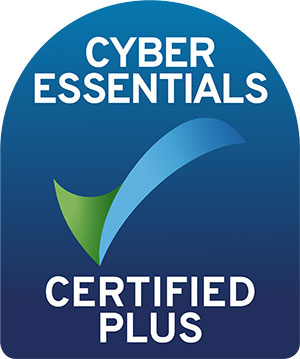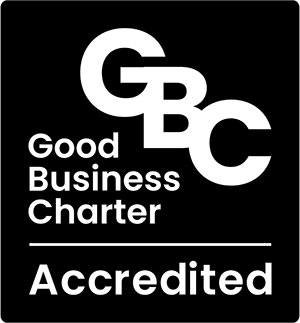Can everyday really be a school day as you grow up? By Caroline Forman, h2h Lead Consultant
Absolutely! As we head into September and the younger generation are returning to new school terms and the structured classroom, it has got me thinking about the concept of lifelong learning & how we lose awareness of the things we learn on a daily basis once we leave school. Knowledge can be acquired and skill-sets developed anywhere – learning is unavoidable and happens all the time. The trick is to train yourself to notice these critical moments and then work out what you learn that can help you both personally and professionally.
Many businesses encourage frequent development conversations between employees and their managers, however these can often be overlooked particularly when time is short and “to-do” lists are long. If these conversations only happen a couple of times a year it can also be hard to remember specific situations or moments when you noticed yourself trying something new or stepping outside of your comfort zone to change your behaviour.
The reality is that we are all having lots of experiences everyday that we can learn something valuable from. This could be about how we react to certain people or situations. Maybe it’s about noticing what someone else does in a similar situation & thinking about how we could try that next time. Or maybe it’s about something we’ve done well that we have either taken for granted or not noticed in the moment.
We can also learn lots from situations that don’t go our way. One such moment happened to me the other day. We’ve got a new puppy. She’s cute and very adorable but also very mischievous so we have to keep an eye on her most of the time. I wanted to trim the hedges while she was playing in another part of the garden with my son. 5 mins in I got distracted by them, caught the power cable with the blade & that was the end of my hedge trimming for the day! Initially I was incredible frustrated, berating myself that I should have known better & been more observant (I’ve been cutting the same hedges for 10 years with no issue). Then I stopped & asked myself the question “What can you learn from this?”. The obvious first answer was to be more aware of where the power cable was next time. The second answer was the most valuable one. It was to question why I got distracted. And the answer was I was finding it hard to switch off from being “in charge” of the puppy. My son is 17. He is more than capable of keeping an eye on her while I get on with another job. So, what I took from the situation was that I needed to let myself focus on the job I was doing & not try to split my attention.
When I’m working with clients I often emphasize the importance of allowing ourselves the time to stop and notice what we have learnt each day. This daily reflection can also massively reduce our stress levels, helping us to recognize and work with our strengths and weaknesses as well as understand ourselves more. In my opinion it doesn’t have to be a big task either. It can be as simple as asking yourself these 5 questions at the end of each day:
- What went well today?
- What didn’t go so well & why?
- What surprised me today about myself?
- What did I learn about those around me?
- What would I like to do differently tomorrow?
Practicing reflective learning only takes a few minutes to think about what you’ve learned at the end of the day or week. The documenting of your insights and how they can be applied, helps you to reinforce and build on your new knowledge.
You may also like to take this approach a step further and consider:
- Daily learning goals: Start each day or week by setting a small, specific goal related to learning something new. This could include reading a relevant article, exploring a digital tool or committing to finding out a little bit more about what a colleague is doing.
- Micro learning: Set 10 to 15 minutes aside once or twice a week for a short burst of focused bite-size learning. A short podcast on the commute home or a quick TED talk in between meetings can quickly build and expand your knowledge.
- Ask for feedback: Feedback is a gift. When you regularly ask colleagues for feedback it helps you to identify areas for development and any skills gaps. It will also help you to build relationships with your co-workers and to see thing from another perspective.
- Seek out your professional networks: there are plenty of opportunities for you to interact with like-minded professionals whether that be face-to-face or virtually. Have a look and see if there are any local forums, webinars, or set up an informal group within your own organisation where you can discuss new trends, tools, and best practices.
Would you like to find out more about how we could work with you to enhance your organisation through a pro-active approach to continuous professional development and life long learning? Reach out to us at enquiries@h2h.uk.com and one of experts will be in touch.

